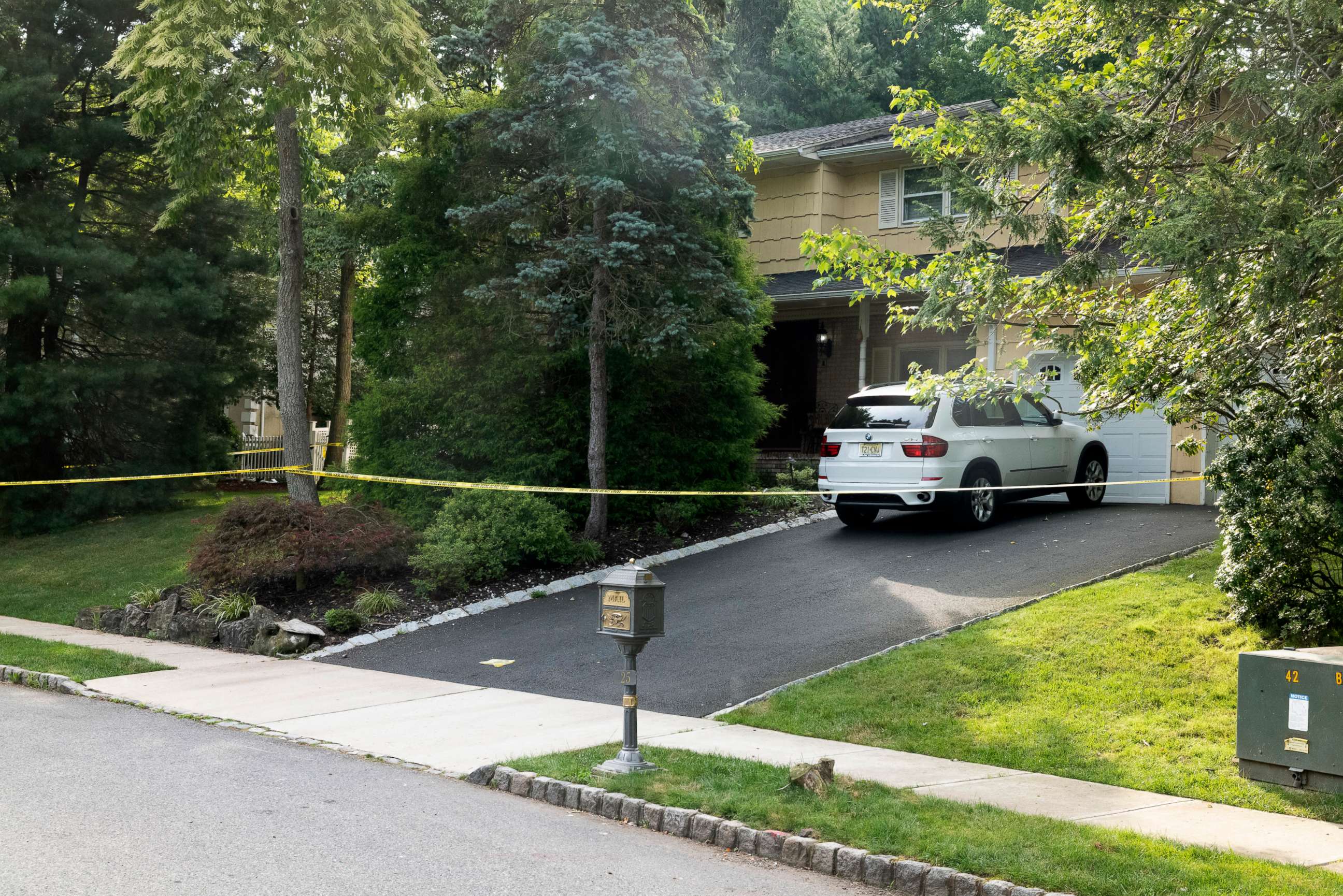Murder of Judge Esther Salas' son highlights surge in threats to federal judges and their families
The murder of a New Jersey federal judge’s son has put the spotlight on an alarming trend that officials say continues to rise: threats against federal judges and their families.
The son of Judge Esther Salas, a freshman at Catholic University in Washington, D.C., was killed in the family’s home in North Brunswick, New Jersey, on Sunday night and her husband was also shot multiple times and is in critical but stable condition, sources told ABC News. Salas was not injured and the suspect was later found dead from a self-inflicted gunshot wound, sources said.
Judge Salas, who is now under 24-hour protection, had received threats in the past and authorities are investigating whether there is any connection between those prior threats and the shooting, sources said.

According to the U.S. Marshals Service, who are tasked with protecting federal judges, there were 4,449 threats and inappropriate communications against protected persons in 2019.
In 2015, that number was 926.
The U.S. Marshals Service says the increase is due to "improved effectiveness in data collection and reporting of potential threats."
Over that same time period, the number of threats investigated rose from 305 in 2015 to 373 in 2019, peaking at 531 in 2018.
A day after federal Judge James Robart issued a temporary restraining order on President Donald Trump’s first travel ban on Feb. 3, 2017, threats against the judge came flooding in.
According to the American Bar Association, before Robart left the Seattle, Washington, courthouse, his personal information was put out on the internet, along with his wife’s information .
After the president’s tweets about Robart, the U.S. Marshals estimated that there were 1,100 serious threats against the judge, the ABA said.
According to the U.S. Marshals, inappropriate communications or threats to protected court family members have also been on the rise.
There were 4,542 reports of threats or inappropriate communications to family members in 2018.
In 2014, that number was 768.
This report was featured in the Tuesday, July 21, 2020, episode of “Start Here,” ABC News’ daily news podcast.
"Start Here" offers a straightforward look at the day's top stories in 20 minutes. Listen for free every weekday on Apple Podcasts, Google Podcasts, Spotify, the ABC News app or wherever you get your podcasts.





